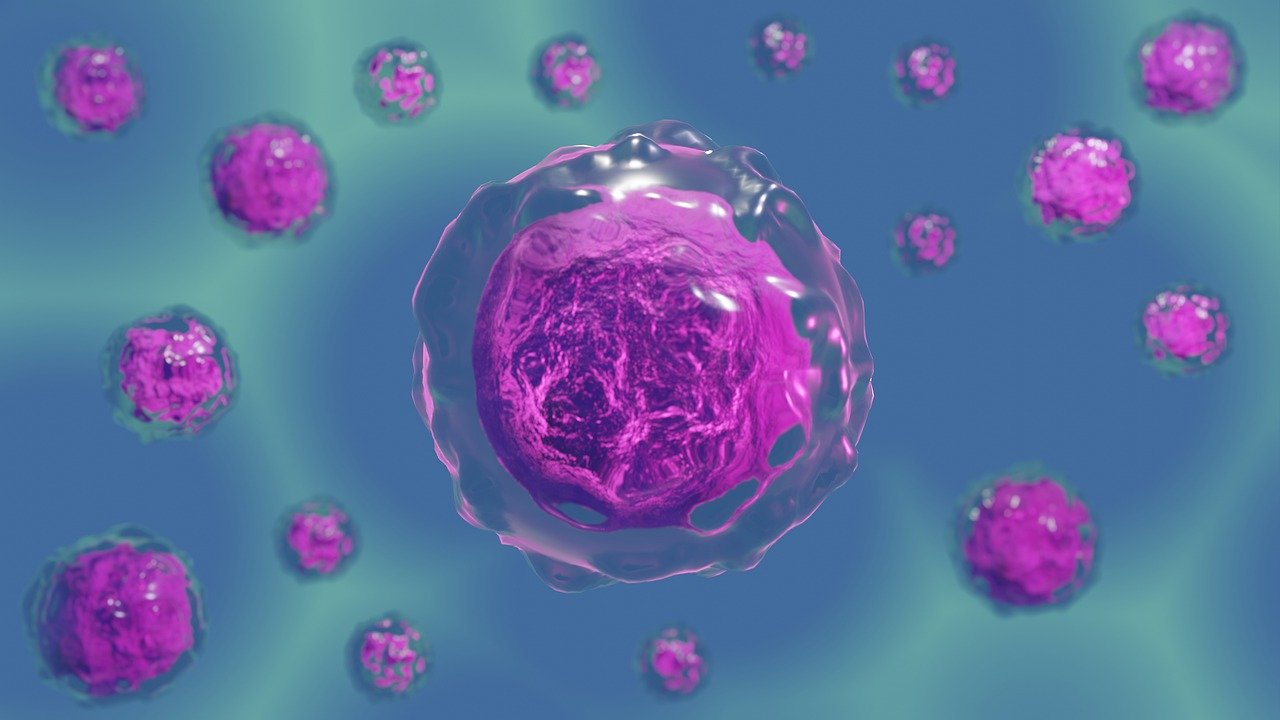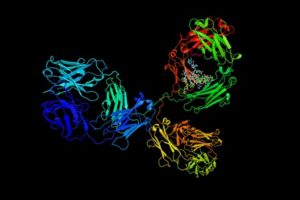Regulatory health authorities seek substantial information from sponsors regarding the practices used to generate production cell lines for mAbs and other therapeutic proteins. In an interest to promote production processes that are well characterized, regulatory guidance (ICH Q5D) states that production cell lines should be derived from a single progenitor clone. Consequently, the cell line development stage of work that initiates any biologics process development program includes tasks that involve significant time and effort to separate, identify and isolate individual, highly productive clones of cells. This set of tasks is known as single cell cloning, and it can take several months to complete, depending on the technology used and the number of iterations required. Historically, cloning has been achieved by limiting dilution from which assurance of monoclonality comes from a statistical calculation of probability. Visual confirmation of monoclonality has not been typically used to verify the calculation.
One of the most important recent advances has been the ability to image cells, which enables visual assurance of clonality and allows single cell cloning to accomplished in only a single round, reducing the cell line development timeline by one month or more.
Now, a new nanofluidic technology, called the Beacon from Berkeley Lights, has the potential to streamline the production of cell lines from single cell progenitors. In “Assuring Clonality on the Beacon Digital Cell Line Development Platform,” Kim Le and colleagues from Amgen Inc. describe application of the Berkeley Lights Beacon, which uses digital analysis and manipulation, to generate Chinese hamster ovary cell lines that stably produce either green or red fluorescent protein. This system is all encompassing and modernizes manual selection of individual clones with software-controlled culturing, manipulation and characterization of cells. It also provides a clear digital record of clonality, enabling single cell cloning to be completed in a single round.
Click here to view the full article. Kim Le, Christopher Tan, Huong Le, Jasmine Tat, Ewelina Zasadzinska, Jonathan Diep, Ryan Zastrow, Chun Chen, and Jennitte Stevens. Assuring Clonality on the Beacon Digital Cell Line Development Platform. Biotechnol. J. 2020, 15, 1900247. DOI: 10.1002/biot.201900247.
With technologies like the Beacon and others, improved efficiency in cell line development will invariably reduce timelines increase productivity of biotherapeutics.
Chamow & Associates assists biotechnology companies to develop biologics for clinical testing and welcomes your inquiry.
Written by Bryan Monroe, Senior Consultant, Process Development and Manufacturing





